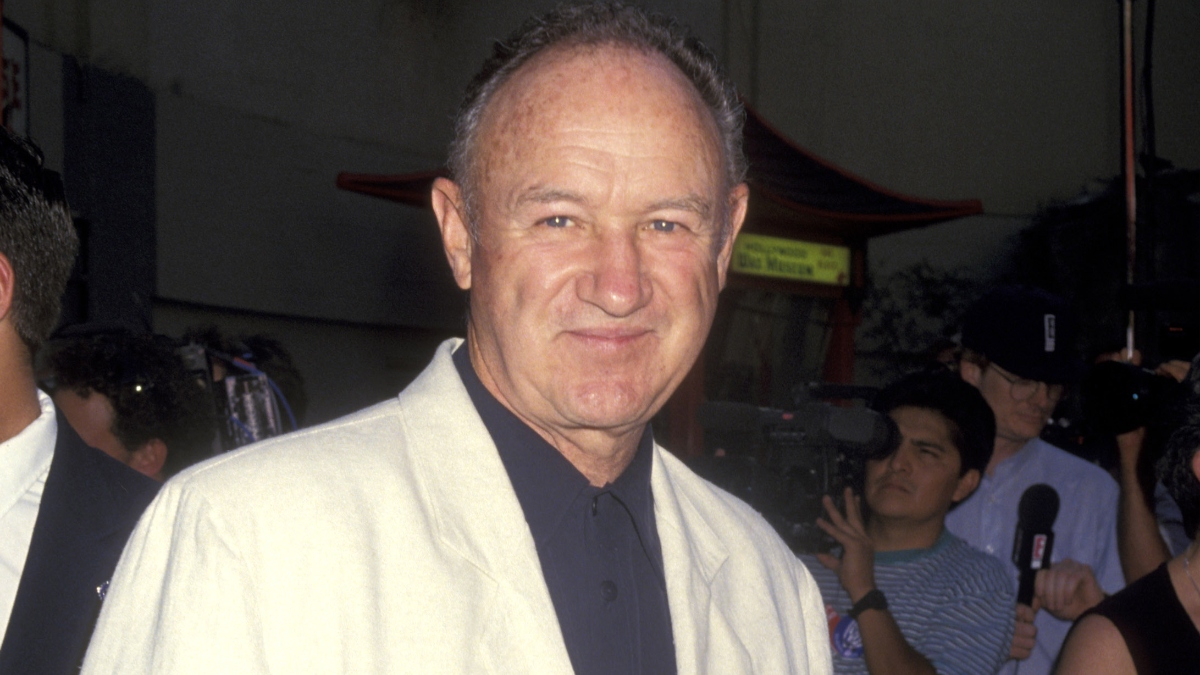
Britain, 1984. Times are troubled. Burrowed away in her Downing Street lair, Thatcher regards mining communities with suspicious eyes. In the 1970s, the powerful National Union of Mineworkers called a series of devastatingly successful strikes, ultimately bringing down the government. In Thatcher’s mind, union power was anathema: an anti-democratic, anti-capitalist threat to bottom lines and the power of the state.
So she hatched a plan: force the miners into a strike and then target their weak spots with surgical precision. She mobilized the media, militarized the police and granted sops to smaller unions (preventing them from joining the miners in solidarity), leaving mining communities isolated and embattled.
While this occupied the front pages of newspapers, another front raged on with less publicity: the battle for gay rights. Thatcher’s government was notoriously homophobic; she was personally vehemently opposed to even the concept of homosexuality, famously saying “children who need to be taught to respect traditional moral values are being taught that they have an inalienable right to be gay.”
Meanwhile, her government, fuelled by the AIDS panic, went as far to suggest the construction of concentration camps for AIDS victims. All this to a constant background hum of assaults and abuse of the openly gay, police harassment of gay rights demonstrations and a torrent of “poofs and bumboys” invective from the Murdoch-led right wing media.
In Matthew Warchus’ Pride, we stride straight into the middle of this maelstrom. Our heroes are a Brixton-based group of gay rights activists who recognize that they share a common cause with the striking miners – both are victimized by police, both are lied about in the media and, most importantly, both are despised by Thatcher.
Led by the idealistic Mark (Ben Schnetzer), the group, titling themselves Lesbians and Gays Support the Miners (LGSM), find themselves mocked by the gay community for supporting the miners (“these are the bastards that used to beat me up back home!”) and completely ignored by the miner’s unions, who want nothing to do with gay rights. Eventually they decide to contact a mining town directly and find themselves supporting a remote mining village in Powys, Wales. Their experience in fundraising and protest quickly makes them the most successful fundraisers they have, so under union protocol, they’re invited to visit the village.
The rest of the film explores the friction between traditional left-wing union philosophy and the rise of modern identity politics; the miners and the gay rights activists bridging the gap between 20th Century economic protest and 21st Century human rights. Bit by bit the mining community overcomes their ingrained prejudices as the activists gradually learn about the importance of solidarity against common foes.
That all sounds a bit serious, but Pride sweetens its political pill with a large dose of humour. The fish out of water element inherent in the story – flamboyant, alternative young gay rights activists rubbing up against salt of the earth working class miners – is beautifully portrayed. Some of the best gags (raucous old Welsh women cackling over a dildo, one of the activists launching into a passionate dance routine in the union hall or a slightly befuddled miner’s representative giving a speech in a gay club) gently play up stereotypes in both groups, but the careful, nuanced performances make it all feel natural.

Pride has one of the most impressive casts I’ve seen in a British film of late, combining the cream of established British actors (Bill Nighy, Imelda Staunton, Paddy Considine, Andrew Scott and Dominic West) with some of the best up and coming talent (Joseph Gilgun, George MacKay, Faye Marsay and Schnetzer). Everybody here is outstanding, with particular kudos to Staunton, Considine and Gilgun – all of whom quickly establish rounded, likable characters in the face of stiff competition for screen time.
But the undoubted highlight is Bill Nighy. Playing against type as a softly spoken union organiser there’s not a sardonic comment nor acidic aside to be found in his character. He radiates gravitas in this role, ending up as the epitome of dignity, courage and, yup, Pride. I hesitate to say it’s a career-best performance, but it’s certainly his best performance in years.
Matthew Warchus, working from an excellent script by Stephen Beresford, has a lot to juggle in this film. In two hours we meet approximately twenty major characters, all of whom get a fully fledged narrative arc and their own individual moments in the sun. Working with ensemble like this reminds me of Robert Altman’s skill in organically melding so many disparate stories into a streamlined, propulsive whole. There are a few characters who go a touch under-developed – most notably the ‘villain’ of the piece, a buttoned up homophobic union organizer – but with this much going on it’s easy to forgive a tiny bit of narrative shorthand.
Underscoring all the comedy and tender performances is a passionate argument for the importance of solidarity. Pride is politically conscious to a tee, fervently and convincingly kicking back against the “fuck you got mine” of Thatcher and her ideological children’s free market philosophy. The moments where the miners and activists finally meld, overcoming prejudices and taking up each other’s banners genuinely brought a tear to my eye. The modern left is splintered in a thousand different directions, groups pulling in the same direction but weakened by their isolation – Pride shows us the way forward.







